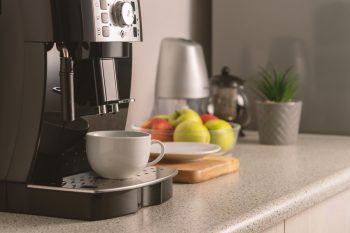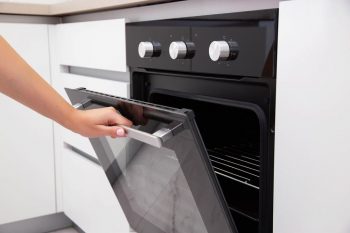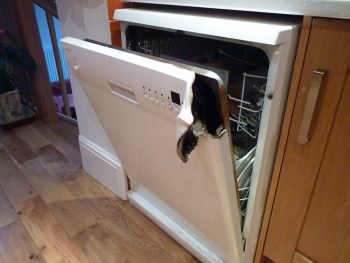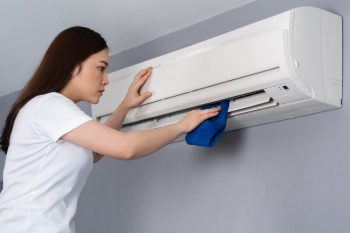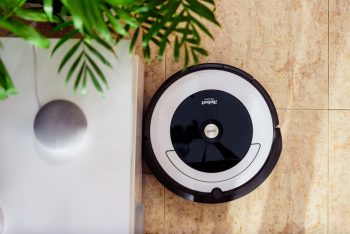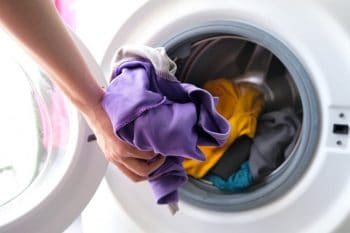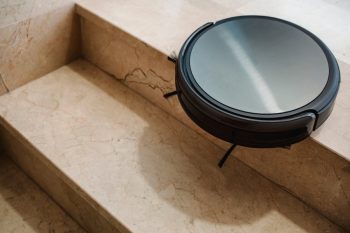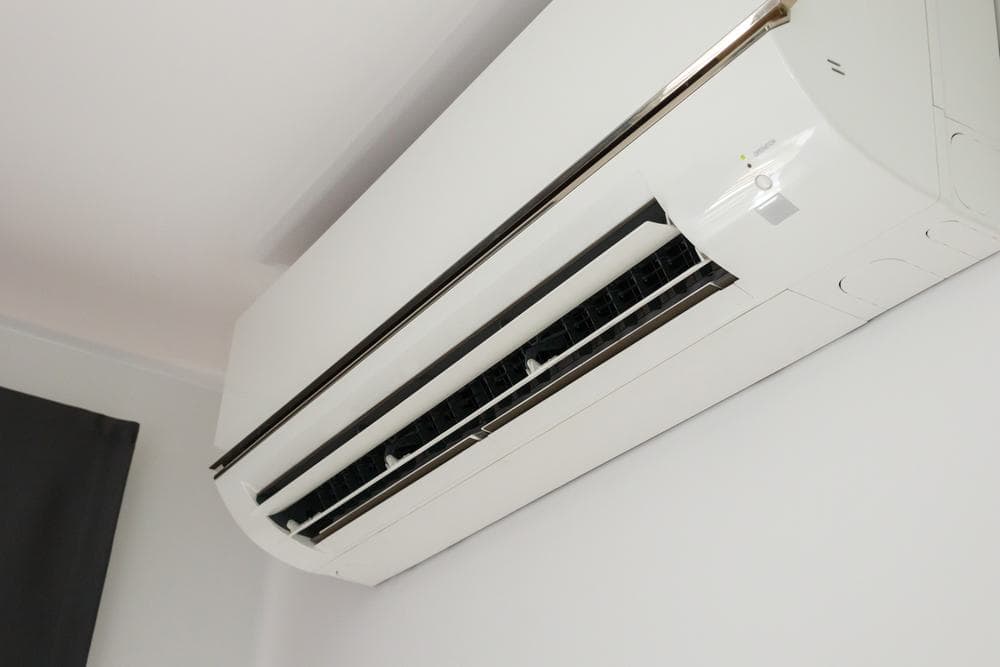
The AC compressor, often referred to as the “heart” of the air conditioning system, plays a pivotal role in cooling your home. It’s responsible for circulating refrigerant, which changes state from gas to liquid as it collects and expels heat from your house. However, like any other mechanical device, an AC compressor can fail, leading to a loss of cooling and discomfort in your home. In this article, we will delve into the causes of AC compressor failure and how to prevent it.
AC compressor failure can be caused by several factors including electrical issues, dirty coils, insufficient refrigerant charge, blocked or damaged suction lines, inadequate lubrication, contaminants in the system, and incorrect repair procedures. Regular maintenance and prompt repairs can help prevent these issues and ensure the longevity and efficiency of your AC compressor.
The Role of an AC Compressor
Before we dive into the causes of AC compressor failure, it’s important to understand its role in an air conditioning system. The AC compressor works as a pump that circulates the refrigerant between the evaporator and condenser coils. It compresses the refrigerant, raising its temperature and pressure, and pushes it to the condenser. Here, the refrigerant changes from a hot gas to a liquid, releasing heat in the process. Afterward, the liquid refrigerant passes to an expansion valve, where it becomes a cool, low-pressure liquid before going to the evaporator coil. It then absorbs heat from the indoor air, cooling it down.
Causes of AC Compressor Failure
Several factors can lead to AC compressor failure. Here are some of the most common:
Electrical Failure
Issues with wiring can lead to acid accumulation, which deteriorates various components of the air conditioner, including the compressor. Power surges, faulty wiring, problems with capacitors, and electrical burnouts are all electrical issues that can cause damage to the compressor, forcing it to work harder and under excess strain to maintain the AC powered.
Dirty Coils
Dust and dirt accumulation on the condenser coil can cause the compressor to overheat and fail. When the condenser coils are dirty, the compressor has to work harder to expel heat from the system, leading to increased temperature and pressure.
Insufficient Refrigerant Charge
Low refrigerant levels make the compressor work harder, leading to overheating and failure. If there is too much refrigerant in the system, the compressor may fail due to the increased pressure and strain on the system.
Blocked or Damaged Suction Lines
These can cause a strain on the compressor, resulting in failure. If the refrigerant lines develop cracks or holes, the air conditioner may start leaking refrigerant. The compressor then has to work harder to pump enough refrigerant through the system for cooling, which can strain the compressor and eventually cause it to fail.
Inadequate Lubrication
Like any machine with moving parts, an AC compressor requires lubrication to operate smoothly. Without sufficient lubrication, the compressor parts can grind against each other, causing wear and tear, overheating, and eventually, failure.
Contaminants in the System
Contaminants such as dirt, dust, insects, bacteria, bird droppings, soot, leaves, and fungi can cause a malfunction in the compressor. The compressor should only compress refrigerant in its gaseous state. If it tries to pump other substances, such as oil, air, moisture, or dirt, it can break.
Incorrect Repair Procedures
Improper repairs, such as using the wrong replacement refrigerant or adding too much or too little refrigerant, can cause compressor failure.
Preventing AC Compressor Failure
The best way to prevent AC compressor failure is through regular maintenance. Scheduling routine inspections and addressing any problems promptly can avoid compressor failure and keep your air conditioning system running efficiently. During these inspections, technicians can check and replace any faulty wires, fuses, and capacitors before they lead to more severe problems.
Conclusion
AC compressor failure can be a significant problem, leading to discomfort in your home and potentially high repair costs. However, understanding the causes of compressor failure and taking steps to prevent them can help ensure your air conditioner continues to function optimally. Regular maintenance, proper use, and prompt repairs when needed are crucial to prolonging the life of your AC compressor and keeping your home cool and comfortable.
Frequently Asked Questions
What are some signs of AC compressor failure?
Some common signs of AC compressor failure include: your AC system is blowing warm air, unusual noises coming from the outdoor unit, a hard-starting system, system frequently trips the circuit breaker, and the unit is vibrating when starting.
How often should I have my AC system inspected for maintenance?
It is recommended to have your AC system inspected for maintenance at least once a year. However, in regions with harsh weather conditions, it’s advisable to get it inspected twice a year – once before the cooling season and once before the heating season.
How long does an AC compressor typically last?
The lifespan of an AC compressor can vary depending on its usage, maintenance, and quality. However, on average, an AC compressor can last between 10 to 15 years.
Can a faulty AC compressor be repaired, or does it need to be replaced?
Whether a faulty AC compressor can be repaired or needs to be replaced depends on the type and extent of the damage. Some issues, like electrical problems and minor leaks, can often be fixed. However, in cases of severe damage or if the compressor is old, replacement might be the more cost-effective solution.
Is it safe to run the AC system if the compressor is failing?
No, it is not safe to run your AC system if the compressor is failing. Doing so can cause further damage to the system and possibly lead to a complete system failure. If you suspect that your compressor is failing, it’s best to turn off your AC system and call a professional for an inspection.
Can a dirty air filter lead to AC compressor failure?
Yes, a dirty air filter can lead to AC compressor failure. When the air filter is dirty, it restricts airflow to the compressor, causing it to work harder and potentially overheat. Regularly replacing your air filter can help prevent this.

